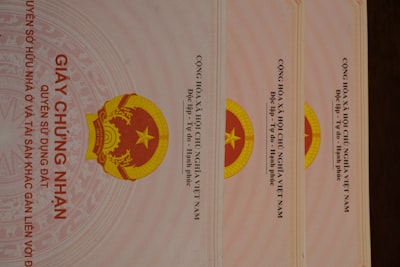Overview
The United Nations Charter is the foundational treaty of the United Nations (UN), an international organization established in 1945 to promote peace, security, and cooperation among the world's nations. One of the major issues concerning the UN Charter has been the question of which government officially represents China within the organization—a subject that has significant historical, legal, and diplomatic implications.
Historical Background
At the time of the UN's founding in 1945, the Republic of China (ROC) was recognized as the legitimate government of China and was one of the original signatories of the UN Charter, as well as one of the five permanent members of the United Nations Security Council. However, following the Chinese Civil War, the government of the People's Republic of China (PRC) was established on the mainland in 1949, while the ROC government retreated to Taiwan. For more than two decades, the ROC continued to hold China's seat in the UN, including its permanent Security Council seat.
United Nations General Assembly Resolution 2758
The issue of representation culminated in 1971 with the passage of UN General Assembly Resolution 2758. This resolution recognized the People's Republic of China as "the only legitimate representative of China to the United Nations," effectively replacing the ROC delegation with that of the PRC. Since then, the PRC has represented China in all UN bodies, including the Security Council, while Taiwan (administered by the ROC government) has not been a member or an observer.
Implications for Taiwan
The ROC's exclusion from the United Nations has had profound implications for Taiwan's international status, participation in global organizations, and diplomatic relations. Taiwan continues to function as a de facto independent political entity with its own government, constitution, and military, although its international recognition remains limited due to the PRC's "One China Principle," which asserts that there is only one sovereign state under the name China.
Diplomatic and Legal Context
Debates over participation, such as whether Taiwan had a representative at the 1945 San Francisco Conference (where the UN Charter was drafted), are frequently referenced in political discourse. The role and status of Taiwan within the framework of international law and multilateral organizations remain highly contested topics—affecting not only cross-strait relations but also US-China relations and broader issues of international diplomacy.
Conclusion
The question of China's representation at the United Nations and the related status of Taiwan is pivotal to understanding the historical and ongoing developments in East Asian and global politics. The issue continues to resonate in discussions of international law, sovereign recognition, and the structure of the UN itself.

Comments
No comments yet. Be the first to comment!